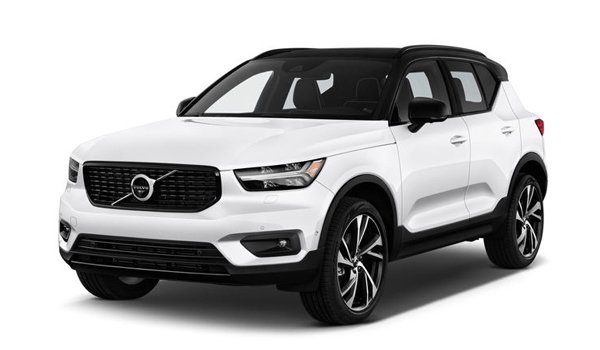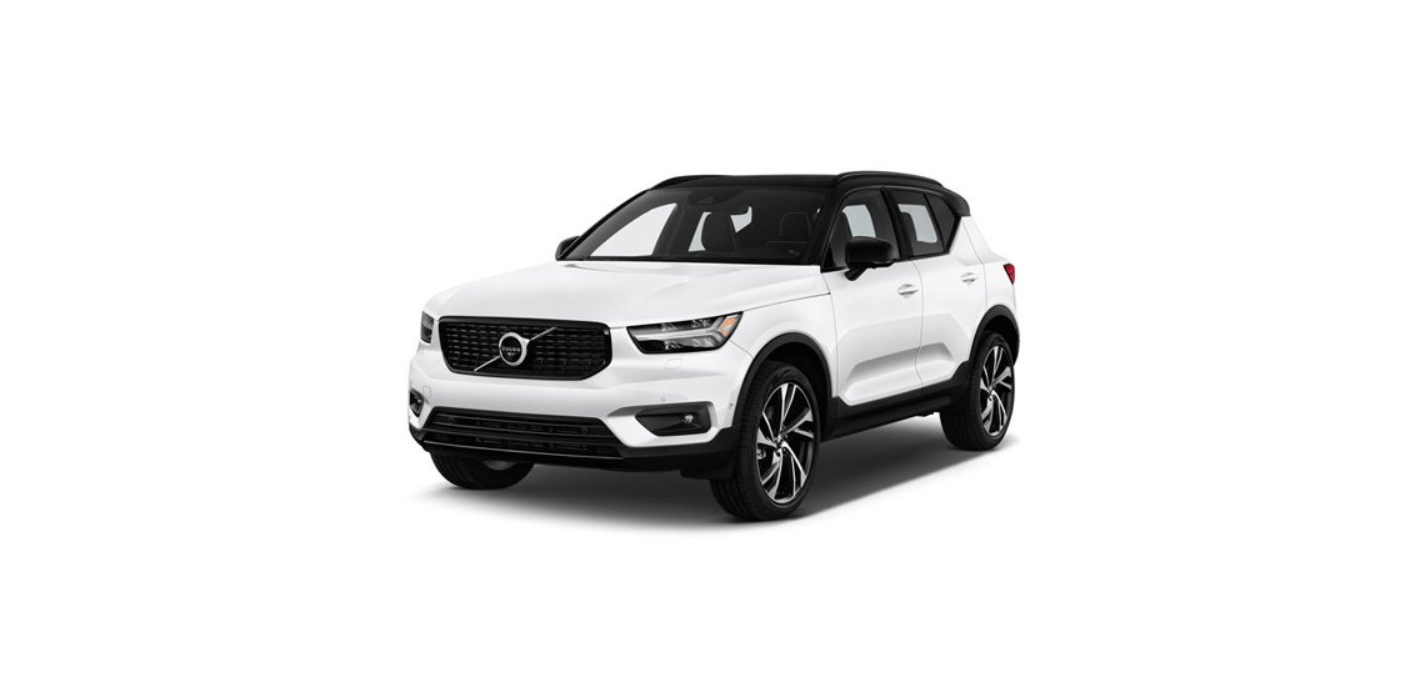2022 Volvo XC40 Your Volvo Start/stop function

Start/stop function
The start/stop function reduces fuel consumption, which in turn can contribute to an environmentally conscious driving style and reduced emissions.
Points to remember when using the start/stop function
For the start/stop function to work requires that a number of conditions are met.
The start/stop function is not activated
- One or more criteria may mean that the engine is not switched off/the function is not activated.
- the driver has not fastened the seatbelt
- the car has not been able to reach a speed of approx. 10 km/h (6 mph) after starting or the function has been activated a number of times successively
- the engine has not reached normal operating temperature
- the windscreen’s electric heating is activated
- the environment in the passenger compartment deviates from the set values
- the driver is making large steering wheel movements
- the road is very steep
- the bonnet is opened
- the ABS system has been activated
- in the event of heavy braking (even without the ABS system having been activated)
- the capacity of the starter battery has fallen below the minimum permissible level
- many starts during a short period of time have activated the starter motor’s thermal protection
- the exhaust system’s particulate filter is full
- a trailer is connected to the car’s electrical system.
For cars with manual gearboxes, the start/stop function is deactivated without the clutch pedal being depressed if the gear lever is in a neutral position. The start/stop function will be available again when there is a sufficient level in the battery.
The start/stop function is not deactivated
One or more criteria may mean that the engine is not started/the function is not deactivated.
For cars with automatic gearbox:
- the driver has not fastened the seatbelt
- gear position P is engaged and the driver door is open.
For cars with a manual gearbox.
- the driver has not fastened the seatbelt
- a gear is engaged but the clutch is still depressed.
The start/stop function is deactivated without the brake pedal being released
In the following cases, the function may be deactivated and the engine started without the driver releasing the brake pedal:
- high humidity in the passenger compartment forms misting on the windows
- the environment in the passenger compartment deviates from the set values
- repeated pumping of the brake pedal
- the bonnet is opened
- the capacity of the starter battery has fallen below the minimum permissible level
For cars with automatic gearbox:
- the driver’s seatbelt is unbuckled and the gear selector is in position D or N
- the gear selector is moved from position D to position R or M
- the driver door is opened with the gear selector in position D.
Do not open the bonnet when the start/stop function is active. Switch off the engine normally before raising the bonnet.
Activating and deactivating the start/stop function
Activating the start/stop function
- For cars with automatic gearbox:
- Depress and hold the brake pedal depressed.
- The start/stop function is activated and the engine is switched off.
- For cars with a manual gearbox.
- Depress and hold the brake pedal depressed.
- Engage neutral position.
- Release the clutch.
- The start/stop function is activated and the engine is switched off.
- In Comfort or Eco drive mode, the start/stop function is activated before the car is completely stationary.
- When adaptive cruise control or Pilot Assist is activated, the start/stop function is activated for a few seconds after the car is completely stationary.
All of the car’s normal systems, such as lighting and radio, work normally even when the start/stop function is activated.
However, some equipment may have temporarily reduced function, such as the climate control’s fan speed or loudspeaker volume.
Deactivating the start/stop function
For cars with automatic gearbox:
Release the brake pedal or gently depress the accelerator pedal.
The start/stop function is deactivated and the engine starts.
For cars with a manual gearbox.
Depress the clutch or the accelerator pedal.
The start/stop function is deactivated and the engine starts.
Note
When the start/stop function is deactivated and:
- the function for automatic braking when stationary (Auto hold) is activated, the start of the engine is delayed until the accelerator pedal is depressed
- adaptive cruise control or Pilot Assist is activated, the engine starts when the accelerator pedal is depressed or by pressing the button on the left-hand steering wheel keypad
- the car is facing uphill, hill start assists (HSA) engages to prevent the car from rolling backwards
- the car is facing downhill, release the brake pedal slightly. A small increase in speed starts the engine.
Settings in the centre display
The centre display shows whether the function is available or deactivated.

Illuminated indication: the start/stop function is available.
Extinguished indication: the start/stop function is deactivated.
Symbols in the driver display
The driver display’s tachometer indicates when the start/stop function is available, active or unavailable.
| Symbol | Specification |
|---|---|
| White – the function is available. | |
| Green – the function is activated. | |
| Grey – the function is not available. |
If no symbol is shown in the driver display, the function is disabled.
Freewheel function with the engine not running
Activating the freewheel function
The car needs to reach a speed of 45 km/h (27 mph) or higher.
Release the accelerator pedal.
The engine switched is off and the car rolls freely.
Note
If the freewheel function is not activated, it may be blocked by the car’s functions, such as the climate system, or insufficient distance to vehicles ahead, for example.
Deactivating the freewheel function
Proceed with one of the following
- Depress the accelerator pedal.
- Change to manual gear gearshift mode.
The engine starts.
Indication in the driver display
| Symbol | Specification |
|---|---|
| White – the function is available. | |
| Green – the function is activated. | |
| Grey – the function is not available. |

